Meet The Team
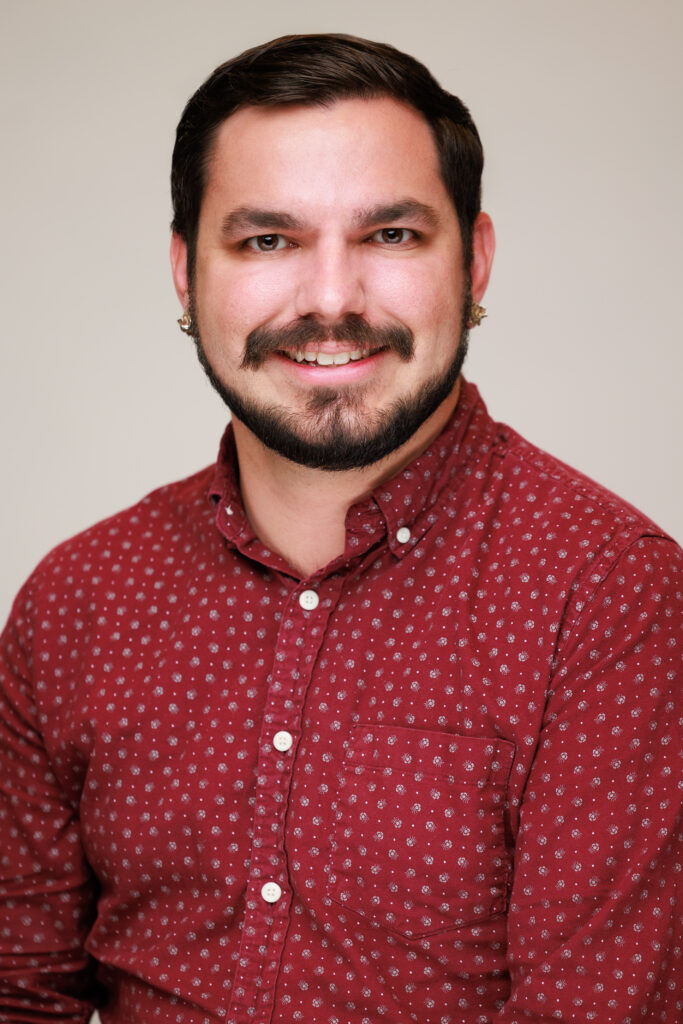
Aaron Baumgardner (Catawba) was the Director of Natural Resources for the Catawba Nation for a number of years. Previously, he spent his early career in academic research settings focusing on plant ecology and working in a diverse range of ecosystems across Turtle Island. At the Nation, he worked to manage tribal trust lands, the Nation’s farm (Yawakče Yabsigre), and the Nation’s wildlife preserve. His vision for the Nation’s Department of Natural Resources is to restore Piedmont savannah and other native ecosystems to tribal lands, provide traditional food to tribal households, and create opportunities for tribal citizens to connect to their lands.
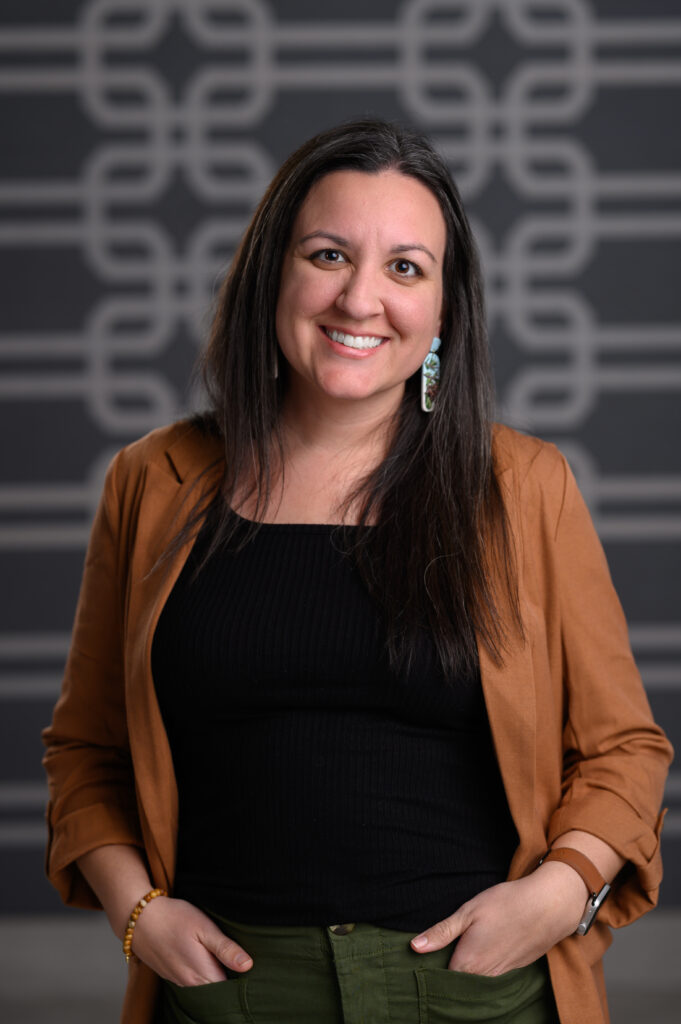
Teresa Dunlap (Catawba) serves as the Cultural Class Specialist at the Catawba Cultural Center. As a Catawba Citizen and artist herself, she is deeply committed to preserving and prompting the rich heritage and traditions of her community. In her role at the Nation, Teresa spearheads the coordination of traditional arts and educational classes tailored for Catawba citizens and their families. With her background as a former educator, she brings a blend of pedagogical expertise and cultural insight to her work.
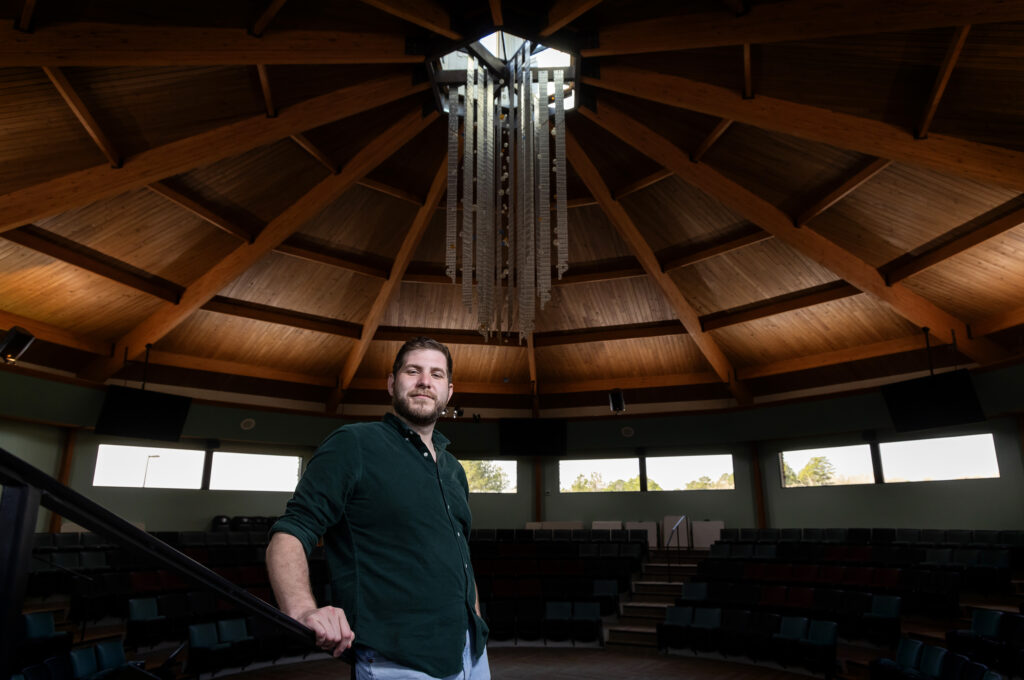
DeLesslin “Roo” George-Warren (Catawba) was invited in as a lead collaborator/artist on Unshadowed Land. George-Warren is a queer artist, researcher, and organizer. His wide ranging work encompasses performance art, installation art, community education as well as food sovereignty and language revitalization. From 2017 to 2019, he was the Special Projects Coordinator for the Catawba Cultural Preservation Project where he facilitated the Catawba Language Project, which involved developing and programming online digital assets such as the Catawba Language App; several food sovereignty initiatives; and other community education projects. Since 2019, DeLesslin has continued to work for his tribe as a consultant on many projects. He is currently serving the Nation on their Executive Committee.
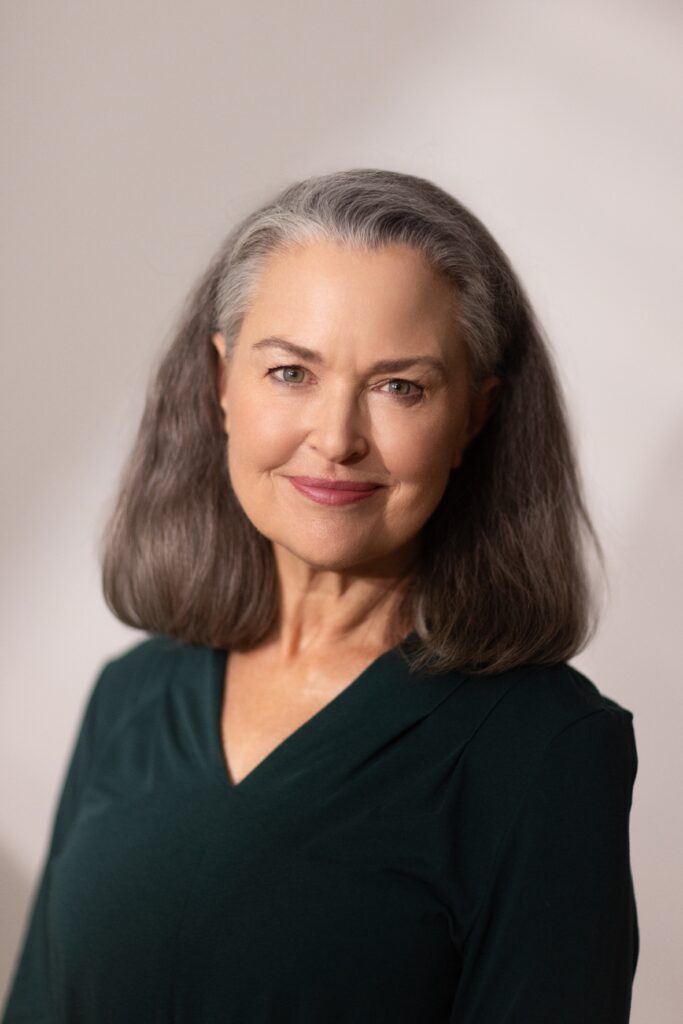
Dr. Annie Merrill, Thomson Professor Emerita of Environmental Studies and Professor of English at Davidson College, specializes in environmental humanities and US literature. For thirty years she taught a range of courses in both English and Environmental Studies, including environmental humanities, natural history, environmental justice, speculative fiction, and Native American literatures. She served as President of the Association for the Study of Literature and Environment (ASLE) and established the Environmental Studies department at Davidson College. She is co-editor of Coming Into Contact: Explorations in Ecocritical Theory and Practice and author of the forthcoming Flora’s Interpreters: Popular Botany in 19th-Century America. At Davidson College, she collaborated with colleagues from across the curriculum, team-teaching twenty courses with colleagues from over a dozen departments.
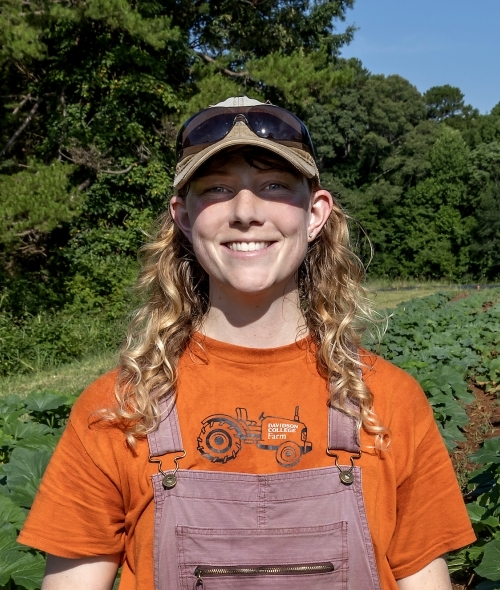
Halle Murphy is the manager of the Farm at Davidson College, a 3-acre vegetable farm that provides fresh, local food to Davidson students and community members. Murphy is an experienced organic farmer with a background in plant sciences. She has worked in higher education agriculture for five years, farming peaches, poultry, and more. Murphy is responsible for the cultivation and care of kus at the Davidson Farm, including overseeing student workers. As her contribution to this project, her goals include replenishing the Catawba’s seed stock as well as returning processed corn for distribution among their citizens.
Lia Rose Newman leads our team’s art curation efforts as the director and curator of the Van Every/Smith Galleries since January 2013. She is responsible for curating exhibitions, developing exhibition-related programming, and overseeing and growing the Davidson College Art Collection, including the Campus Sculpture Program which includes ephemeral, short-term outdoor works. Her exhibitions are interdisciplinary with a focus on how art can help us imagine new futures and support social justice.

Dr. Kevin Smith analyzes biodiversity, biodiversity loss, and understanding how people interact with, value, and manage biodiversity as a natural resource. His recent past research has focused on experimental studies of extinction while his current and future work focuses on documenting biodiversity in local forest habitats and developing management plans to ensure that local forests continue to provide value as sources of biodiversity and as natural resources to people. This work takes place in the Davidson College Ecological Preserve and in partnership with local private landowners, state parks, conservation organizations, and other entities, including most recently, the Catawba Nation Division of Natural Resources and the Catawba Wildlife Preserve.
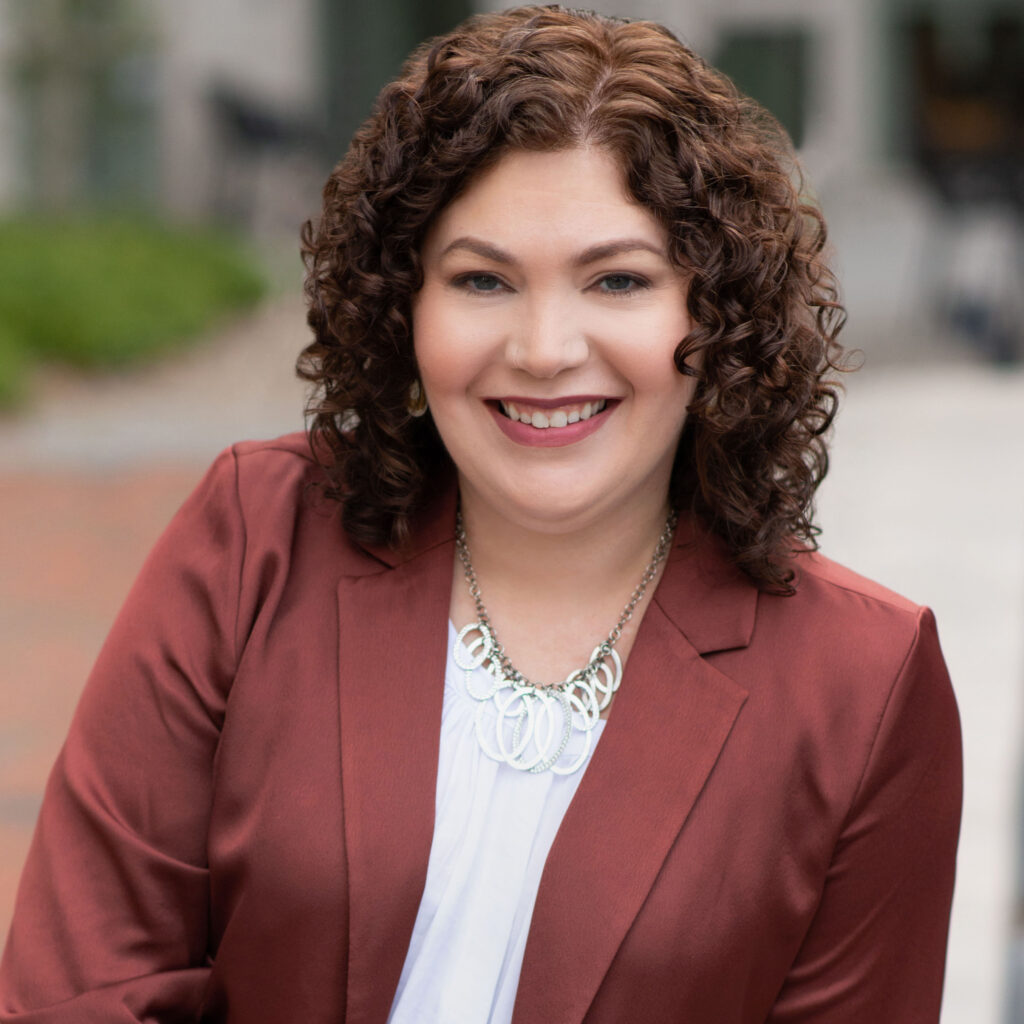
Dr. Rose Stremlau is a historian specializing in the study of the United States. Her research interests include the history of the Native South; Cherokee history; federal Indian policy; the history of women, gender, and sexuality; sexual and gender-based violence, and foodways. She has received many grants and fellowships to support her work, including from the National Endowment for the Humanities. At Davidson College, she teaches courses on Native American history; the Native South; the history of women, gender, and sexuality in the United States; family history; oral history; and foodways. She designs her courses around public-facing projects and training students to conduct historical research that is ethical and to produce resources that are accessible.
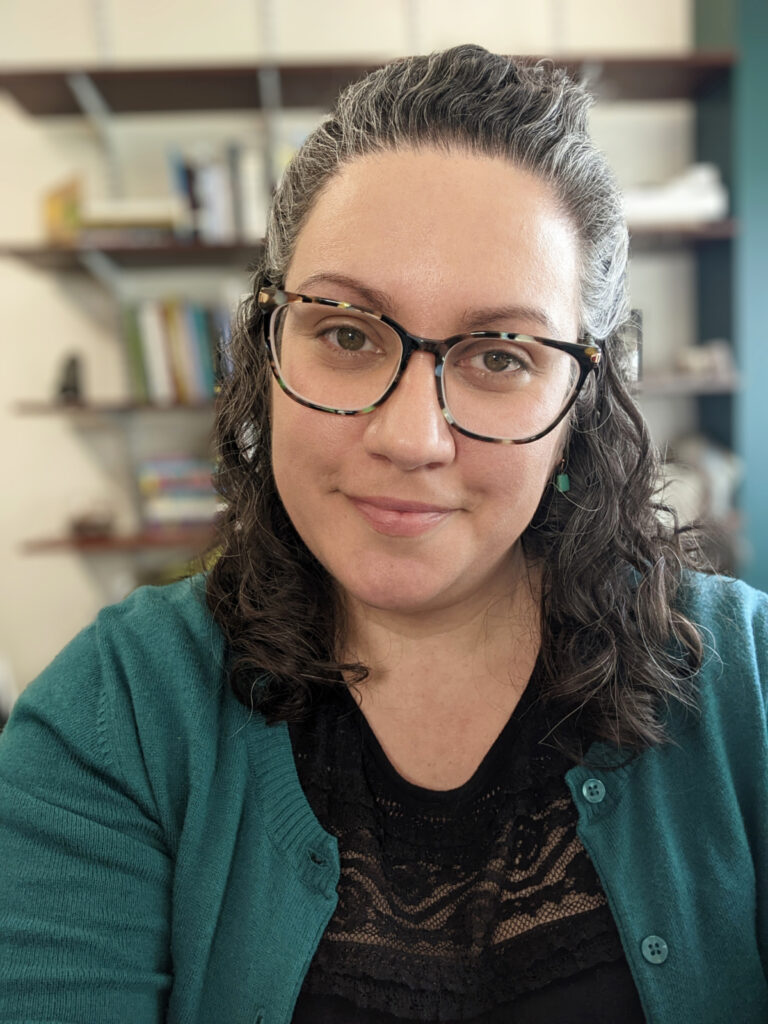
Dr. Susana Wadgymar is an evolutionary ecologist who studies how genes and the environment affect adaptation in plants. With her teaching, research, and service, she aims to engage the community with learning about the biology, cultivation, and societal use of plants. Her research takes place in the Pat Peroni Greenhouse, Wall Academic Building, and ecological preserve at Davidson College, as well as at the Catawba Indian Nation’s Black Snake Farm. She is a co-founder and editor of the Primers in Plant Science for the International Journal of Plant Sciences, a co-founder and chief science officer for microPublications in Ecology and Evolution, and a co-founder of Project ENABLE (Enriching Navajo as a Biology Language for Education). She teaches Plant Adaptations, Evolutionary Ecology, Biostats, and Organismal Introductory Biology. Her contributions to this collaboration are centered on rematriation efforts of traditional varieties of crops using modern vs. traditional planting methods.
Student Involvement:
Carius McClain ‘27, Biology
Victoria Ochieng ‘27, Economics
Stacious Ward-Swan ‘26, Biology, Fayetteville State University
Sydney Duffy ‘25, Environmental Studies, Biology
Sydney Ballard ‘25, Biology
Tate Peterson ‘25, Biology
Norah Goldbecker ‘27, undeclared
Tyler McKnight ‘27, undeclared
Gabriela Mata ‘26, Psychology
Ayelen Plascencia-Marquez ‘26
Milo Rothenberg ‘26, Biology
Prince Appiah ‘25, Biology
Lauren Collver ‘25, Biology
Isa DeGuzman ‘25, English
Beau Eyer ‘25, Biology
Rani Greer ‘25, Environmental Studies
Izzy Hernandez ‘25, Environmental Studies
Giles Lewis ‘25 Biology
Alexis Lopez ‘25, Biology
Megan Mokriski ‘25, Biology
Luis Quintero ‘25, Biology
Soren Timura ‘25, Biology
Ariane Burt ‘24, Biology
Ramsey Chaaban ‘24, Biology
Ty Cryan ‘24, Environmental Studies
Daisy Hoover ‘24, Biology
Katieanne Peterson ‘24, Environmental Studies
Caitlin Stehn ‘24, Biology
Alexis McDonnell ‘23, Biology
Walker Willis ‘23, Biology
Caroline Beuscher, University of Georgia ‘23, Genetics
